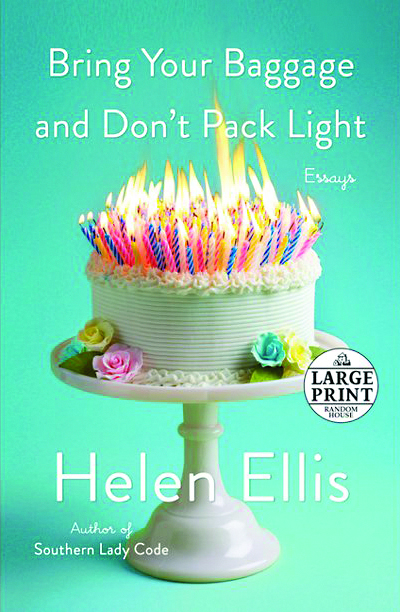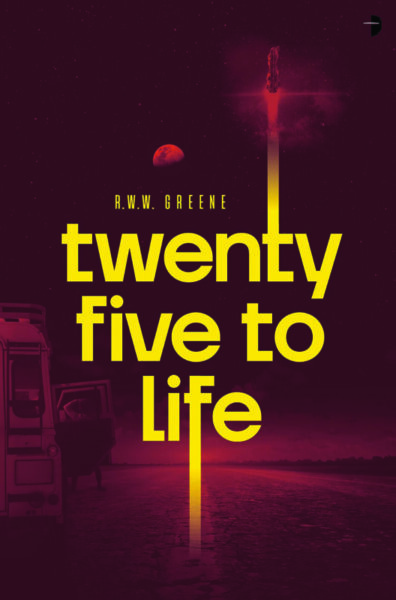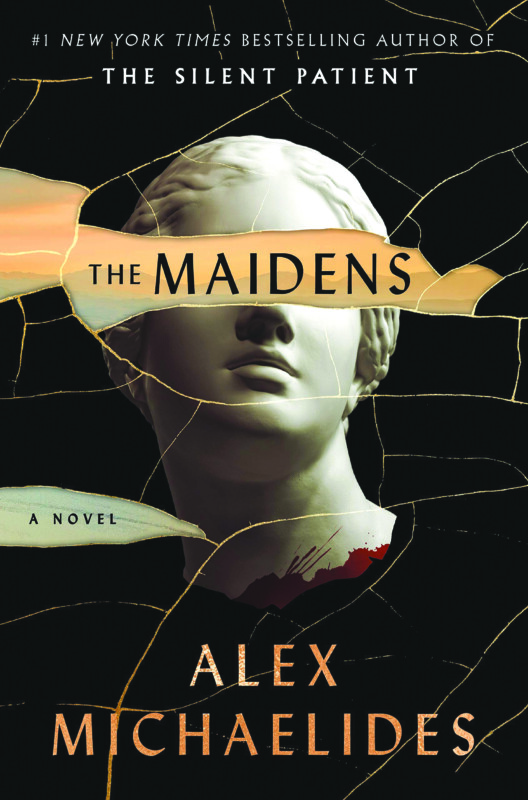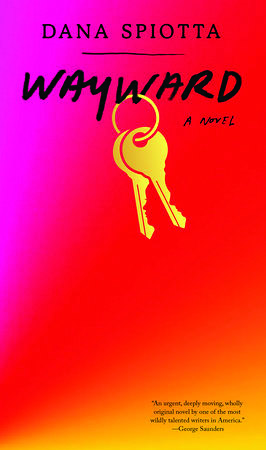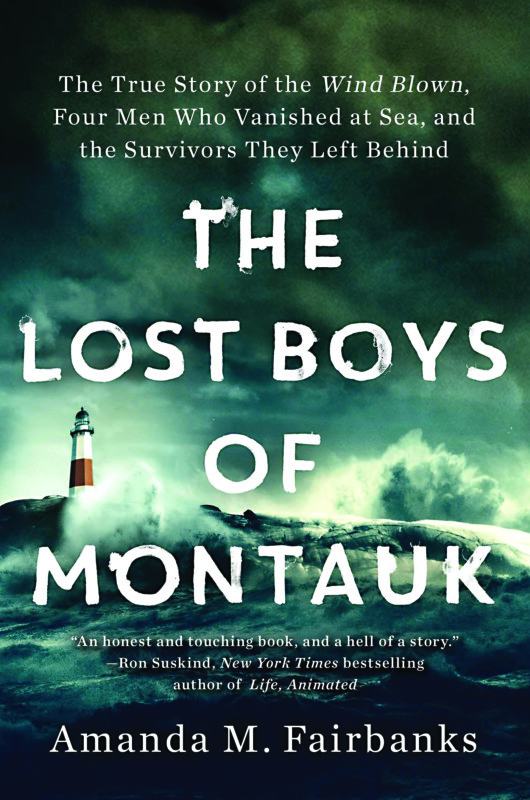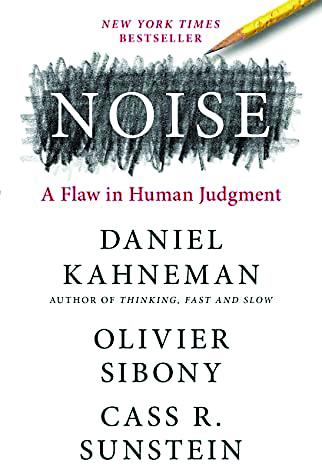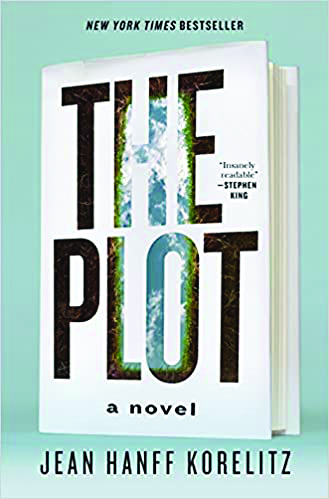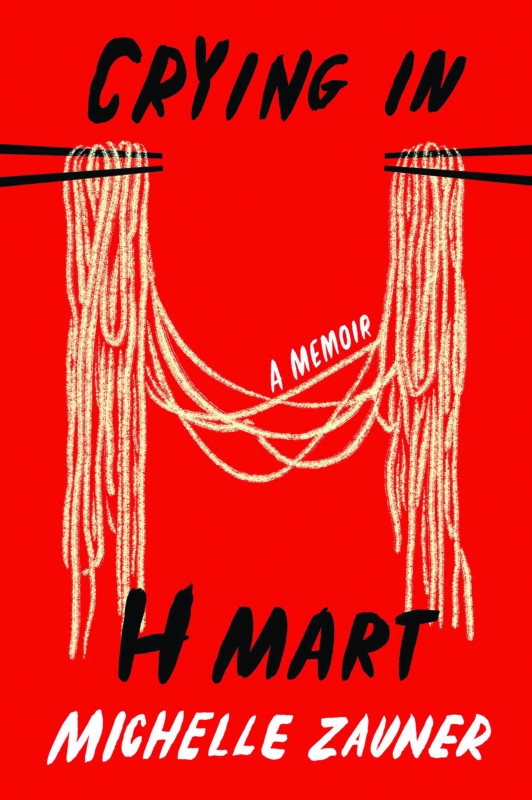Bring Your Baggage and Don’t Pack Light, Essays by Helen Ellis (Doubleday, 176 pages)
Resist the temptation to dismiss Helen Ellis because of her previous titles, Southern Lady Code and American Housewife, which sound like something Paula Deen might have written.
Ellis was, in fact, raised in Alabama, but shrugged that life off early in her 20s to move to New York City in hopes of becoming a writer. Before that dream was realized, however, she made a name for herself as — no joke — a high-stakes poker player. When the writing career came, it was jump-started by an anonymous Twitter account she called “American Housewife” with the handle @WhatIDoAllDay. Her timeline was richly sardonic, the MiracleGro for popularity on that platform, and a brand was born.
Her fourth book is a collection of essays called Bring Your Baggage and Don’t Pack Light, mostly composed of foul-mouthed reflections on aging, periodically interrupted by foul-mouthed reflections on cancer and other indignities of life. It begins benignly enough, with Ellis reporting that she is heading for Panama City, Florida, “aka ‘The Redneck Riviera,’” with four friends for a jaunt she calls the “grown-ass ladies’ trip,” the highlight of which is a night out to see a TV psychic, Theresa Caputo, star of a show called Long Island Medium.
After the national anthem, which everyone sang while facing an American flag projected onto the screen, the TV psychic explained that she goes “where the Spirit leads” and that occasionally she gets hot, because perimenopause. This caused Ellis to whoop and clap. “God bless this woman for yelling ‘menopause’ in a crowded theater.” she writes. “I wasn’t sure if I believed in her power, but I believed we could be friends, so she had me now, and I was rooting for her.”
And Ellis is off, with her particular brand of humor, which is a combination of Nora Ephron without the divorce and Erma Bombeck without the kids. Married for 25 years and happily childless, Ellis identified ironically as a housewife until just a few years ago, when she started owning the title “writer” after years of being famous as a pearl-wearing poker player. That distinction is one that makes her a “character,” which she explains is different from a naturally funny person. “A character wants to be the life of the party. Or the life of a seven-hour flight delay. Or the life of a Piggly Wiggly checkout line.”
For the perplexed, Piggly Wiggly is a chain of supermarkets mostly in the South. That, and the pearl-wearing, however, is about Southern as Ellis gets. There’s some of the late Texas humorist Molly Ivins in her, but she would be right at home in the cast of Sex and the City, and her humor is as racy in places as that of Carrie Bradshaw. There is, for example, the chapter in which she admits that she and her husband speculate about the sex lives of their friends. For example, she will say, after long-married friends leave, “There’s no way they’re still having sex,” to which her husband will respond, “Shh, they’re still in our hallway.”
She writes of salivating over a velour housecoat in the Vermont Country Store catalog, and the potential effect it would have on her husband’s libido. She says he would rather come home and catch her in a pyramid scheme than in that robe.
Ellis nails the one-liners in this short string of folksy anecdotes, as when she describes garage-sale regulars as “people who want to profit from your poor life decisions.” She used to wear all black to her poker games because “I myself am a pop of color,” which is shown to be true in stories about accompanying friends to have a baby or to get Botox in possibly illegal circumstances. She and her husband don’t drive (“yes, we will wing it in a zombie apocalypse” but having never owned cars, they “are not confident drivers’’), and as such have collected many comical stories involving public transportation, such as taking long bus rides to casinos. She distrusts technology (“The cloud is tech talk for something Bill Gates or Mark Zuckerberg invented to store your political preferences, porn searches and high school reunion pictures”) and invents descriptions of her friends when storing their contact information in her phone; rather than John or Mary, for example, they are the “the grifter,” “the puzzler,” “the saint” or “the zookeeper.”
In short, she’s your zaniest friend, on steroids and on her third drink, still possessed of the presence of mind to write everything down.
The collection, however, doesn’t rise to Sedarisian heights, however, because it’s too frothy. David Sedaris is one of the greatest humorists working today because there is a point to everything he writes, no matter how hilarious. There’s not much of a point behind these stories than to make us laugh, or to mildly rage. Ellis’s mother used to tell her, “Helen Michelle, you’re not for everyone,” although she’s probably for everyone who spends more than seven hours a week on Twitter. Hers is a particular brand of humor, for the perpetually caustic with short attention spans. The title notwithstanding, the book packs light and wants a bit more baggage. C+
Book Notes
Can a funny title alone sell a book?
Probably not if the content is wretched, but some publishers seem to be lapping up bad puns these days. Witness the success of the Chet and Bernie mystery series by Spencer Quinn, which features narration by a dog and titles like Scents and Sensibility and (reviewed here recently) Tender is the Bite.
The mystery genre seems especially prone to punnage, given that there is also an “undercover dish mystery series” by Julia Buckley that includes the titles The Big Chili, Pudding Up With Murder and Cheddar Off Dead.
Then there’s the Avery Aames mystery series built entirely around cheese that includes the groan-inducing titles To Brie or Not To Brie, As Gouda as Dead, The Long Quiche Goodbye and Days of Wine and Roquefort. (Aames also has a novel entitled Cheddar Off Dead, and Connecticut author Korina Moss has a Cheese Shop mystery coming out with that title in the spring of 2021, indicating that publishers like bad puns so much they’re willing to reuse them.)
Perhaps most impressive is the “Bought the Farm” mystery series by Ellen Riggs, if not for its punnage, just for the sheer volume of words.
Riggs’ titles include the forthcoming How to Get A Neigh With Murder (for now, only available on Kindle pre-order), and the previously published Dogcatcher in the Rye, Dark Side of the Moo, Till the Cat Lady Sings, Twas the Bite Before Christmas and Swine and Punishment.
For a more erudite look at puns and why we love them, check out John Pollack’s The Pun Also Rises (Avery paperback, 240 pages).
Pollack, a journalist and former speechwriter for President Bill Clinton, knows something of which he writes, having won the O’Henry World Pun-Off competition in 1995. Yes, that’s a real thing. This year’s contest is scheduled for Oct. 23. Check it out at punoff.com.
Featured photo: Bring Your Baggage and Don’t Pack Light.

